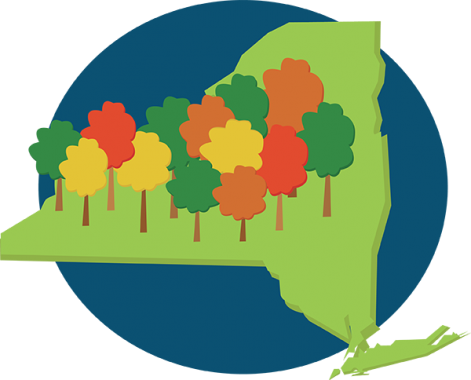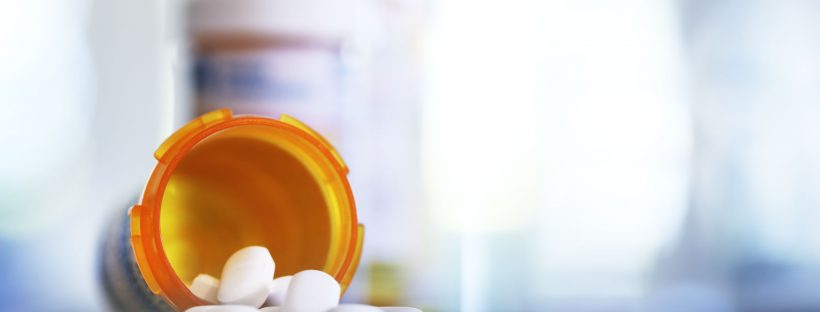The opioid epidemic touches our lives in many ways. Every day, 130 Americans die from opioid overdoses. But there are small things you can do to help.
1. Talk to your family about avoiding opioids for pain
Try not to start. Opioids, including hydrocodone and codeine, are very addictive. If your doctor prescribes opioids for you or a family member, push back. Ask about options.
You may need an opioid for post-operative pain. But you may also be able to get pain relief for most outpatient surgeries by trying alternate medicines, including over-the-counter medication such as acetaminophen and ibuprofen.
My daughter, for example, turned down a hydrocodone prescription by her doctor when she had pain after a wisdom teeth removal. My daughter told me, “I told the doctor that I didn’t want that stuff. We don’t use opioids in our family.”
The doctor ignored the request. My daughter brought home the hydrocodone, which she never used.
2. Never use someone else’s pain medication
An acquaintance of mine spotted the bottle of hydrocodone that my daughter brought home after she had her wisdom teeth removed.
“That’s the only medicine I’ve ever had that helps my knee pain,” she said. “My doctor won’t give it to me anymore. I don’t know why. Can I have this? I’ll buy it from you?”
“No,” I told her firmly. “Your doctor has a reason for not prescribing this. I don’t know that reason. This medicine was prescribed for my daughter, not you. You should not use other people’s medicines.”
3. Learn to spot the signs
Learn to spot the signs of an opioid overdose, especially if someone in your home is using an opioid, such as heroin. You can pick up the drug Naloxone (also called Narcan), which reverses overdoses from opioids, at more than 2,000 pharmacies throughout New York state. To learn how to use the drug, click HERE for a YouTube video, or click HERE to look for a class.
4. Become familiar with treatment options
Become familiar with the outpatient, inpatient, detox, sober living and other types of treatment beds that are available near you. Go to the Office of Alcohol and Substance Abuse Services (OASAS) website and click on “Find available treatment beds in New York State.”
5. Learn about other community resources that are available in your area
- HOPE for Bereaved in the Syracuse area
- To locate help in upstate New York, go to the website of the National Council on Alcoholism and Drug Dependence (NCADD) and click on “Find Local Assistance.”
- Healing after Loss to Addiction runs every Tuesday night at Penfield High School in Monroe County.
- Check your county department of mental health or behavioral health for more local resources.
6. Talk with others about how you manage pain
We all deal with pain in different ways. You may want to consider whether the following options are suitable for you when managing your pain: over-the-counter pain relievers, acupuncture, meditation, massage therapy, physical therapy or yoga. If you suspect stress is causing your pain, consider talking to a health care professional. It might help.
You can also call the customer service number on the back of your insurance card if you have questions about whether a particular drug or service is covered.
7. Dispose of unused or unwanted prescription drugs
- Visit the website of the Drug Enforcement Administration on how to dispose drugs and to locate an authorized collection site near you. Or, call the DEA at (800) 882-9539.
- Take part in National Prescription Drug Take-Back events by the DEA or by local law enforcement agencies.
Most importantly, don’t shy away from talking about the crisis as a family. Don’t blame anyone. Acknowledge the illness and the loss and suffering. Try your best to get informed.
- Healthy Snacking Tips from a Football Party Veteran - February 2, 2022
- Why I Will Be in Line for A Flu Shot This Year - February 21, 2021
- Small Steps to Prevent Big Falls: Protecting Older Adults from Injury - February 20, 2021



Thank you Ann for your thoughts, many of our family can benefits from your post. We should start to care when our family are on pain. The figure of 115 a day dies from opioid overdoses is very alarming. Our awareness is very important, too late cannot save another live.
I agree – so many alternate strategies… but it takes time and commitment from the provider and the patient/family.
If you think about it probably everyone knows someone who is affected by addiction. Family members, friends and neighbors these are all someone’s loved ones. Addiction affects the whole family, so if you or someone you know is suffering from addiction please do everything you can to get help and to receive the care needed. You need to know that you are not alone, attend meetings or support groups like al-anon(AA) and nar-anon(NA) to keep your stress levels down and allow you to be around others that are struggling just like you. If you use social media there are also online groups you can join that are private. The opioid crisis is not going away so please talk to someone like a doctor or counselor to get informed of just how horrible this disease really is. I know a lot of people who have lost their loved ones to overdose and it is the worst feeling of not knowing what to say or do to comfort them. Please get informed before it is to late, there is help out there and people who want to help you through this.
Here is a little bit of advice I have learned about the affects of opioid addiction:
Always have faith, Never give up hope and Never stop loving the addict.
Jean, a perfect response, so true. The Health Plan does support a Bereavement Group for individuals who have lost someone to Opioids (facilitated by Lifetime Care and Huther Doyle) in Gates. ROCovery Fitness is also a tremendous source of support and encouragement for anyone with 48 hours drug free and their families.